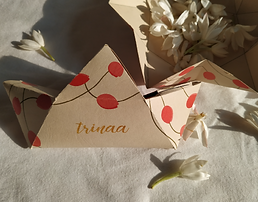Edutech • Research • Experiential Learning
CUBATOR
8 Weeks • 2020
TEAM OVERVIEW
4 Product Designers
MY ROLE
User Research • Insight extraction • Brainstorming & Ideation • Concept Strategy • Interaction Design • Visual Identity & Branding
RESEARCH METHODS
Semi structured User Interviews • A day in the life • Secondary & Desk Research • Literature study of research papers
THE CHALLENGE
How might we ensure holistic development of children of 8-10 years? How might we imbibe a sense of curiosity in them to explore concepts of science?
THE OUTCOME
Cubator: A combination of a cube and a slate, designed as an engaging educational aid to teach the states of matter. It emphasizes experiential learning, making complex concepts more interactive and memorable.

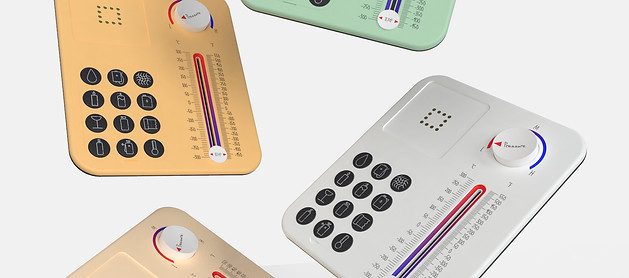
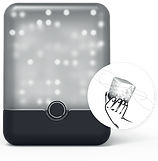
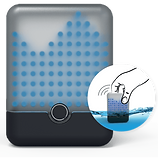
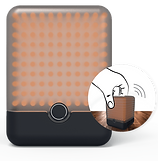
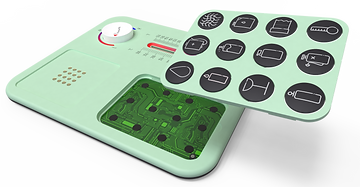

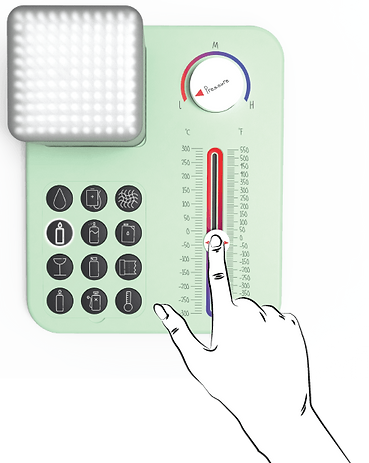
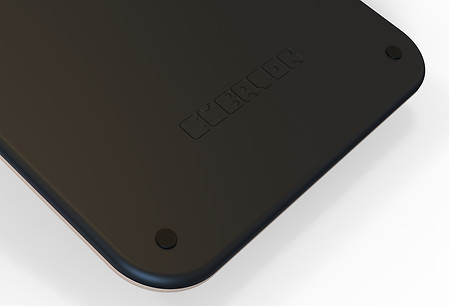

THE PROCESS
Designing for the Future Generation
Target Audience
The children of today will become the responsible adults of tomorrow. That’s why our team chose to work in the education industry- by shaping their present, we empower them to build a better future!
Kids aged 8 to 10
Being at a crucial stage of developing their understanding of the world around them, we aim to design a solution that nurtures their natural curiosity, going beyond academics to support holistic development- making a meaningful impact on their learning journey.
Stakeholders: Parents & Teachers
Primary Research
Spoke with 7+ mothers, 10+ children, and 8+ teachers to ensure our solution meets both learner's and educator's needs. Their thoughts on 'learning' as a whole

To know more about things (curiosity)
Enjoying asking questions
Understanding why things are the way they are
Child

Fun and educative
Enjoy growth through studies
Learning as a part of their life and not a forced one
Mother

Teacher
A give and take
New information and perspective towards things
Getting ready to face any practical situation
The Rise in Homeschooling
Research helped us find this emerging concept of Homeschooling.
Mothers are recognizing how each child's education can be tailored to his or her unique interests, pace, and learning style. This way, she can focus on child's special interests and talents and not restrict them to a particular set of subjects.
Homeschooling encourages hands-on experimentation, letting students explore their interests freely to gain experience and shift perspectives.


Scope of Intervention

Mothers
She plays the role of a teacher and is completely responsible for her child’s education. Hence, doesn’t get much time for herself

Curriculum
There’s no fixed curriculum, depends on the mother and child what she wants to impart and learn respectively.
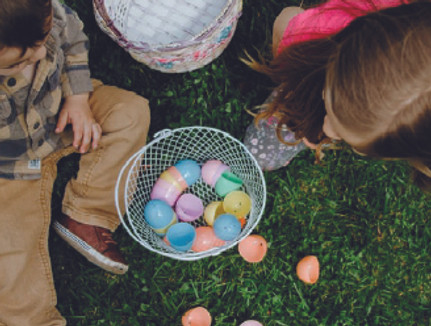
Hands-on
One’s learning experience and recall value is elevated when they carry out tasks practically
Area of Opportunity
Promoting holistic child development through fun, practical learning while giving mothers valuable self-time.
The Strategy
The idea is to cover each subject and concept step by step, creating a tool that helps moms
- track their child's progress
- gives them some much-needed self-time
- kids stay engaged with educational tools that grow with them

Visual Inspiration

Minimal supervision of parents
Sparks child's curiosity
Enables to explore different places & surroundings
Forms a gradual change from homeschooling to the outside "real" world
Ideation & Conceptualization

Introducing,

Experimenting and exploring the states of matter and the different process involved through sensorial learning.
An experimental cube and slate, designed for both indoor and outdoor use. It encourages holistic development through hands-on learning, helping kids understand the 3 states of matter by using interactive LEDs inside the cube, making the process fun and engaging.



Providing holistic child development through practical, enjoyable learning.
Encouraging learning through play, with a key emphasis on sensorial experiences.

The Cubator (slate) features materials that let children experiment with temperature and pressure.
Visual and auditory feedback is provided with each change in the material's state, enhancing the learning experience.
EXPLORE
PLAY
LEARN

The child explores his/her surroundings with the cube by exposing the lower surface (touch sensitive) of the cube to different surfaces (materials)
On the slate, the child can place the cube, select a material and experiment with it’s pressure and temperature with the nobs provided. The changing state of the material is shown visually through LEDs action and auditory feedback.
Once the set of materials on the cubator are explored, the material board can be changed with a new set of material board to be explored and learned.
Components & Functions

The Team
Aniket Bangera
Rutvik Jadhav
Shatakshi Singh
Rahi Ranadive


